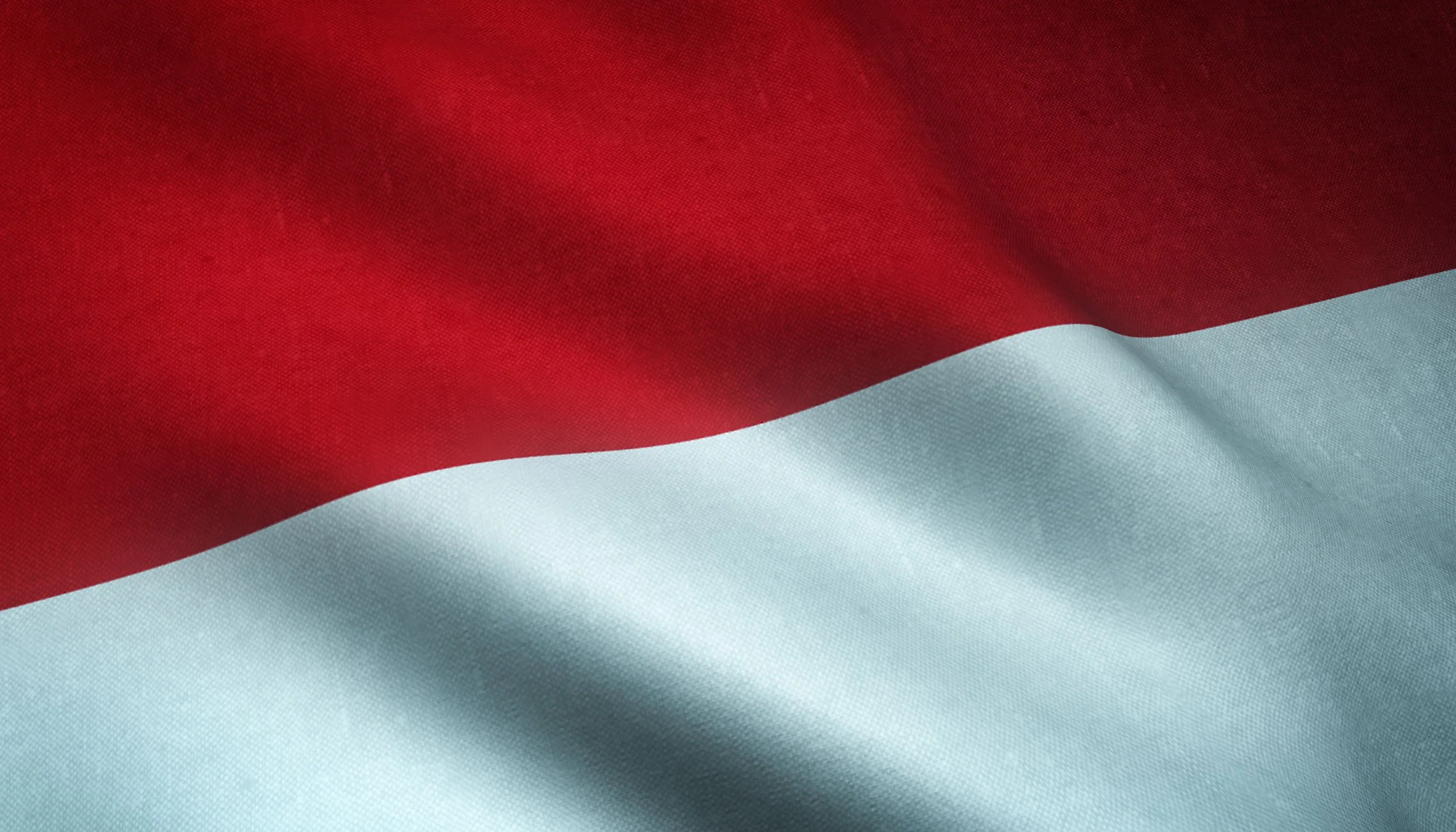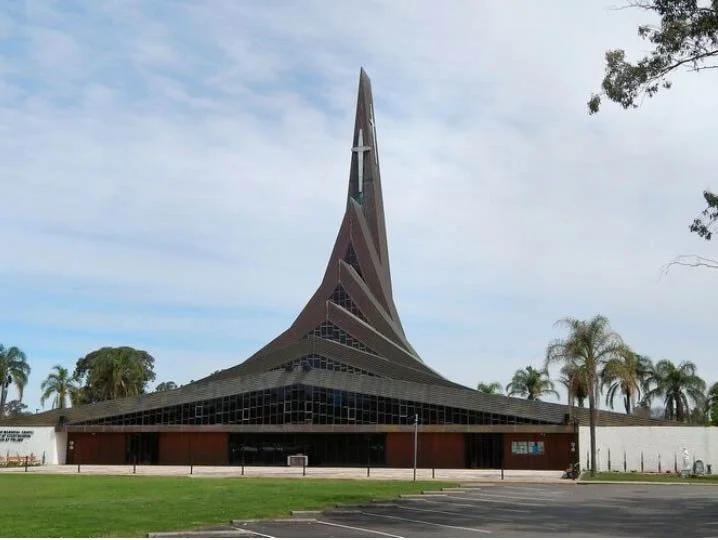
Culture & Religion
Cultural Life Of Polish Community
The post-World War II Polish migration brought with them their great love of the arts. Traditional and new music, poetry, songs, dances and crafts were taught to children still living in resettlement camps. The first Polish folkloric group, formed in l950, was quickly followed by a theatrical ensemble, cabaret and cultural organizations, providing a vast smorgasbord of literary evenings, music performances, various concerts and theatrical productions all promoting the Polish cultural heritage held dear to the hearts of Polish Migrants. Regular concerts and entities like the Theatrical School for children, the Polish Artistic Foundation, the Chopin Society, the Society of Polish Culture and many other artistic organizations help to preserve and encourage the development of the many forms of Polish culture in Australia.
Constant visits of the famous artists from Poland sponsored by the private entities and by the Society of Polish Culture were always welcomed and appreciated. So were the Polish films screened regularly. The adult choirs, youth and children’s vocal groups, folkloric ensembles, bands and the other artistic groups give the cultural life of the Polish Community a vibrant and colourful image. The legacy of it can best be seen brought together in the “Pol-Art” Festival held every three years in a different capital city.
-
-
-
Polish Festival at Federation Square Melbourne
Dożynki Polish Harvest Festival Adelaide
Wiosna Polish Spring Festival Brisbane
www.facebook.com/photo?fbid=1394916384884418&set=a.747737826268947
Polish Festival Events Sydney
www.eventbrite.com.au/d/australia--sydney/polish-festival/
Polish Film Festival Sydney
-
Polski Teatr Stary Adelaide
www.facebook.com/PolskiTeatrStary/
Scena 98 Polish Youth Theatre Group Perth
Teatr Fantazja Polish Drama Theatre of Sydney
www.teatrfantazja.org/about-us.html
polishclub.com.au/teatr-fantazja/
Teatr Prób “Miniatura” Melbourne
www.teatrpolskimelbourne.org.au/
Ottoway Theatrical Ensemble Adelaide
www.sacommunity.org/org/207401-Ottoway_Theatrical_Ensemble_Inc.
-
Kujawy (Sydney) - http://www.kujawysydney.com/
Kukułeczka (Perth) - https://kukuleczka.org.au/
Lajkonik (Sydney) - https://lajkonik.com.au/
Łowicz (Melbourne) - http://lowiczmelbourne.org.au/
Oberek (Hobart) - http://polishassociationhobart.org.au/oberek/
Obertas (Brisbane) - https://www.obertas.org.au/
Podhale (Sydney) - http://www.podhale.org.au/index_files/Page361.htm
Polonez (Melbourne) - http://www.polonez.org.au/
Rzeszowiacy (Newcastle)
Syrenka (Sydney) - http://www.syrenka.org.au/
Tatry (Adelaide) - http://www.tatry.org.au/home/
Wisła (Brisbane) - http://wisla.org.au/
-
-
Polish Hill River Muzeum
South Australia
www.phrcm.org.au/The St John Paul II Museum
Ottoway - South Australia
www.maximilianparish.com/museum/
Religion
Significant majority of Polish people in Australia are of western catholic faith. According to 2021 census 117,392 of 209,28 Australians with Polish ancestry are Christians (95,889 of them are Western Catholics), 12,339 are of Jewish tradition, 788 of Buddhism, 358 of Islam, 706 of other religions, 4,200 did not stated any religion and 72,485 Australians of Polish ancestry have secular believes or have no religion.
-
The catholic community of Polish tradition has been served by the Polish religious chaplains in 45 centres.
Victoria
Ardeer
Bayswater
Essendon
Geelong
Keysborough
North Sunshine
Oakleigh
Richmond
Ringwood
St. Albans
Yarravillewww.australia.chrystusowcy.org/osrodki-duszpasterskie/australia---victoria/
www.facebook.com/PolishDominicanPastoralCentreVictoriaincINC/about/?_rdr
New South Wales
Ashfield
Bankstown
Beresfield
Cabramata
Fairfield
Hamilton
Kingswood
Kirribilli
Liverpool
Newcastle
Marayong
Maroubra Bay
Minto
Penrose Park
Wollongongwww.australia.chrystusowcy.org/osrodki-duszpasterskie/australia---new-south-wales/
South Australia
Croydon Park
Morphett Valey
Ottoway
Salisbury
Unleywww.australia.chrystusowcy.org/osrodki-duszpasterskie/south-australia/
Western Australia
Fremantle
Greenmount
Maylands
West Perthwww.old.ofm.krakow.pl/cms/index.php?page=australia
www.stanthonys.org.au/8-about-us/1-welcome
Queensland
Bowen Hills
Darra
Surfers Paradise
Sunshine Coast
Woodrigewww.australia.chrystusowcy.org/osrodki-duszpasterskie/australia---queensland/
Tasmania
Hobart
Moonah
Launceston
Ulverstonewww.australia.chrystusowcy.org/osrodki-duszpasterskie/australia---tasmania/
Canberra
Narrabundah
www.australia.chrystusowcy.org/osrodki-duszpasterskie/australian-capital-territory/
-
Dandenong Polish Seventh-day Adventist Church
100 James St. Dandenong, VIC 3176
https://www.dandypolish.org.au/plOakleigh Polish Seventh-day Adventist Church
2 Willgilson Ct. Oakleigh, VIC 3166
0401 972 229Wantirna Polish Seventh-day Adventist Church
753 Boronia Rd. Wantirna, VIC 3152
Formerly Polish Seventh-day Adventist Church
3a Baliol St., College Park, SA 5069
Churches Build by the Polish Community
Polish Hill River
South Australia – 1871
www.explore.history.sa.gov.au/
Shrine of Our Lady, Queen of Poland
Polish War Memorial Chapel,
Marayong, NSW – 1966
www.parracatholic.org/
The Polish Marian Shrine
Essendon, Victoria – 1973
www.jesuici.org.au
www.pilgrimsofhope.catholic.org.au
St. Maximilian M. Kolbe Church
Ottoway, South Australia – 1986
www./maximilianparish.com/
Our Lady Queen of Poland
Maylands, Western Australia – 1985
www.prccmaylands.com.au/
Shrine of Divine Mercy
Keysborough, Victoria – 2006.
www.dms.org.au/
Polish Seventh-day Adventist Church,
Oakleigh, Victoria – 1969
2 Willgilson Ct, Oakleigh VIC 3166
Polish Seventh-day Adventist Church,
Dandenong, Victoria – 1992
www.dandypolish.org.au/en
Polish Seventh-day Adventist Church
Wantirna, Victoria – (date)
www.facebook.com/WantirnaPolishSDA/
Some Unique Polish Tradition
For Poles the Christmas celebrations begins when the first star appears in the sky on the evening of December the 24th. The well-preserved tradition requires everyone to join the family and sit down to a solemn dinner composed of twelve vegetarian courses, served on a white tablecloth, under which a hay has been placed. An empty chair awaits the unexpected guest. Lots of carols are sung together and, of course, the “opłatek”, a white wafer, is broken between all and shared with Christmas wishes. During the Christmas season, the “gwiazdory” and “jasełka”, customary Christmas pageants, are often performed by the youth and children.
On Palm Sunday colourful and elaborately decorated palms of different sizes are brought to church. On Good Friday Christ’s sepulchres is artistically arranged and venerated in the churches. On Easter Saturday, artistically painted eggs and specially prepared baskets of food – “święconka” - must be blessed in the church. The Easter procession usually begins at dawn. It is followed by the solemn Easter breakfast, which gathers the entire family. The Easter table is laid with the blessed food and with painted eggs, ham, veal, sausages, meat and a great number of cakes with an edible lamb, often made of pastry.
Corpus Christi processions are deeply rooted in Polish culture. Usually performed on the streets, they attract and involve young and old and stop at the 4 different symbolic stations.
The feast of All Saints on the 1st of November is another day of particular significance to all Polish people, regardless of religious convictions. It is a day to remember the deceased. Graves are tidied and strewn with flowers and candles, and everyone visits the final resting places of close friends and family.
There are other numerous customs and traditions associated with weddings, harvesting, funerals, important saints or time of the year. Some of them like “Sobótki” - the feast of fire on the 24th of June, or “dyngus”- pouring water on others on Easter Monday, are rooted in the prehistory of Poland. They vary in different parts of Poland.









